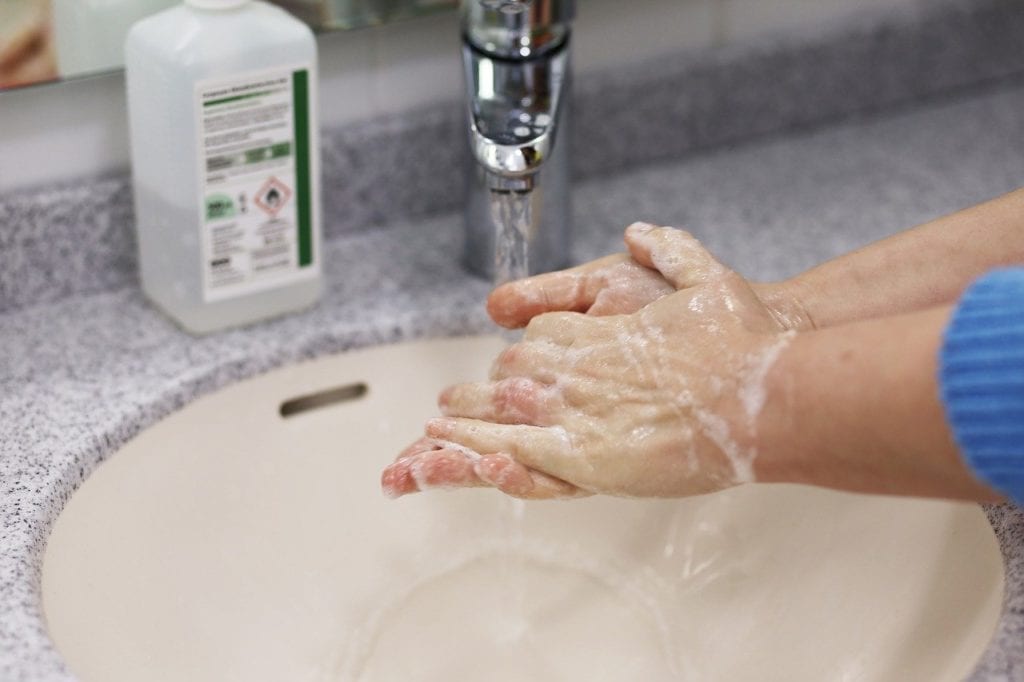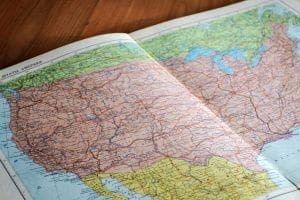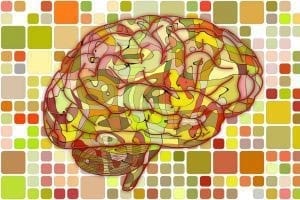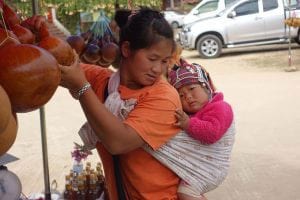Living with a rare disease during this pandemic is scary. There are additional concerns, risks, and worries that must be considered. Those affected by adrenoleukodystrophy have to keep many of these concerns in mind, and an article in Adrenoleukodystrophy News has outlined some recommendations.
About Adrenoleukohystrophy (ALD)
Adrenoleukodystrophy is a rare disorder that damages the myelin sheath, which is the protective membrane of neurons. This damage is caused by the buildup of chains of fatty acids, which accumulate in the brain and adrenal gland. Males are mainly affected by this disorder, with an incidence of about one in every 18,000 births.
The symptoms of this condition may differ depending on the type of ALD one has. Age of onset varies between these forms, but symptoms commonly begin between age four and ten. Typical effects include ADD, intellectual decline, Addison’s disease, aggressive behavior, a loss of hearing and vision, crossed eyes, muscle spasms, seizures, issues with swallowing, loss of muscle control, disability, and progressive dementia. Another form of ALD sees the onset between age 21 and 35, while the least common form affects females.
This condition is caused by a mutation on the ABCD 1 gene on the X chromosome. This gene results in the accumulation of fatty acid chains, which then causes the damage to neurons. Because this mutated gene is on the X chromosome, males are typically affected while females are carriers.
Treatment for ALD is symptomatic. Corticosteroids are used to manage Addison’s disease. Other treatment options include urology care, physical therapy, dietary management, psychological treatment, special education, and family counselors.
About COVID-19
COVID-19 is part of a larger group of coronaviruses that can affect both people and animals. It is a viral infection that causes symptoms comparable to the flu. Beginning in Wuhan, China, it has managed to spread throughout the globe. The WHO has confirmed cases in over 140 countries.
The symptoms of this virus include a fever, chills, a dry cough, muscle and join pain, shortness of breath, and breathing issues. All cases can range from mild to severe, with the onset of symptoms usually seen between two to 14 days since infection. These effects are more severe for those with underlying health conditions or those with weakened immune systems, such as older adults.
If you do notice these symptoms, you should work to prevent your exposure to others in order to stop the spread. Staying at home is integral, as is staying in contact with your doctor. Isolate yourself from everyone, even those within your own home. It is also important to call your doctor before you go in, cough and sneeze into your elbow or a tissue, and wear a face mask.
Even those who are not sick with this virus should be taking cautionary steps, such as frequently washing hands, not touching the face, and cleaning heavily used objects and surfaces daily. Avoid seeing anyone who is sick and entering heavily traveled areas. Listen to the rules set in place by governors and other politicians.
It is important to remember to stay calm and make good choices during this time. Many are panicking, but staying calm and rational leads to better and healthier decisions.
Advice for those with ALD
The same preventative measures listed above should be followed by those with ALD, and they should take special care to ensure that they are not coming into contact with anything that could infect them.
Beyond these measures, they should create a stock of any medical supplies they may need for the upcoming weeks. If one does present any symptoms of COVID-19, they should call their doctor immediately.
Family members and caretakers should also keep these things in mind. It is important to keep healthy so that they do not bring any germs back into their home. If they do show symptoms of COVID-19, they should isolate from family members to stop the spread.
Times like this are scary, especially when living with a rare disease. It is important to remember these things to keep yourself and those around you healthy.
Click here to read more.








